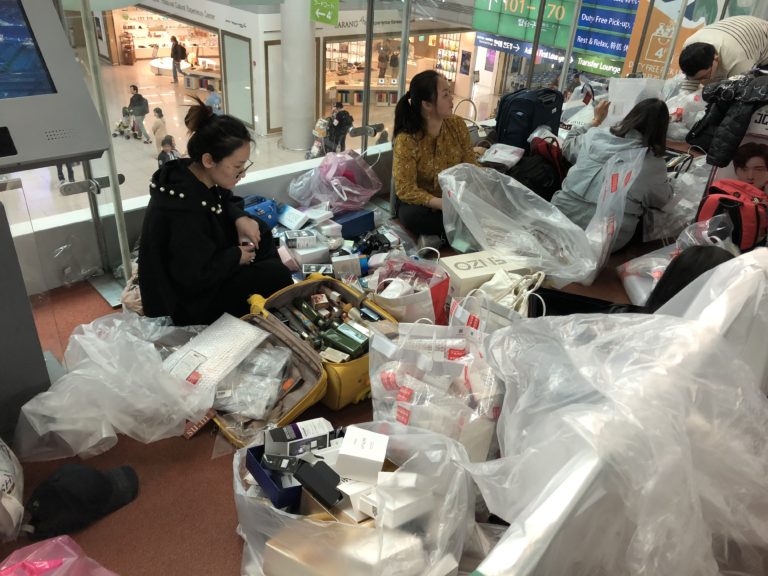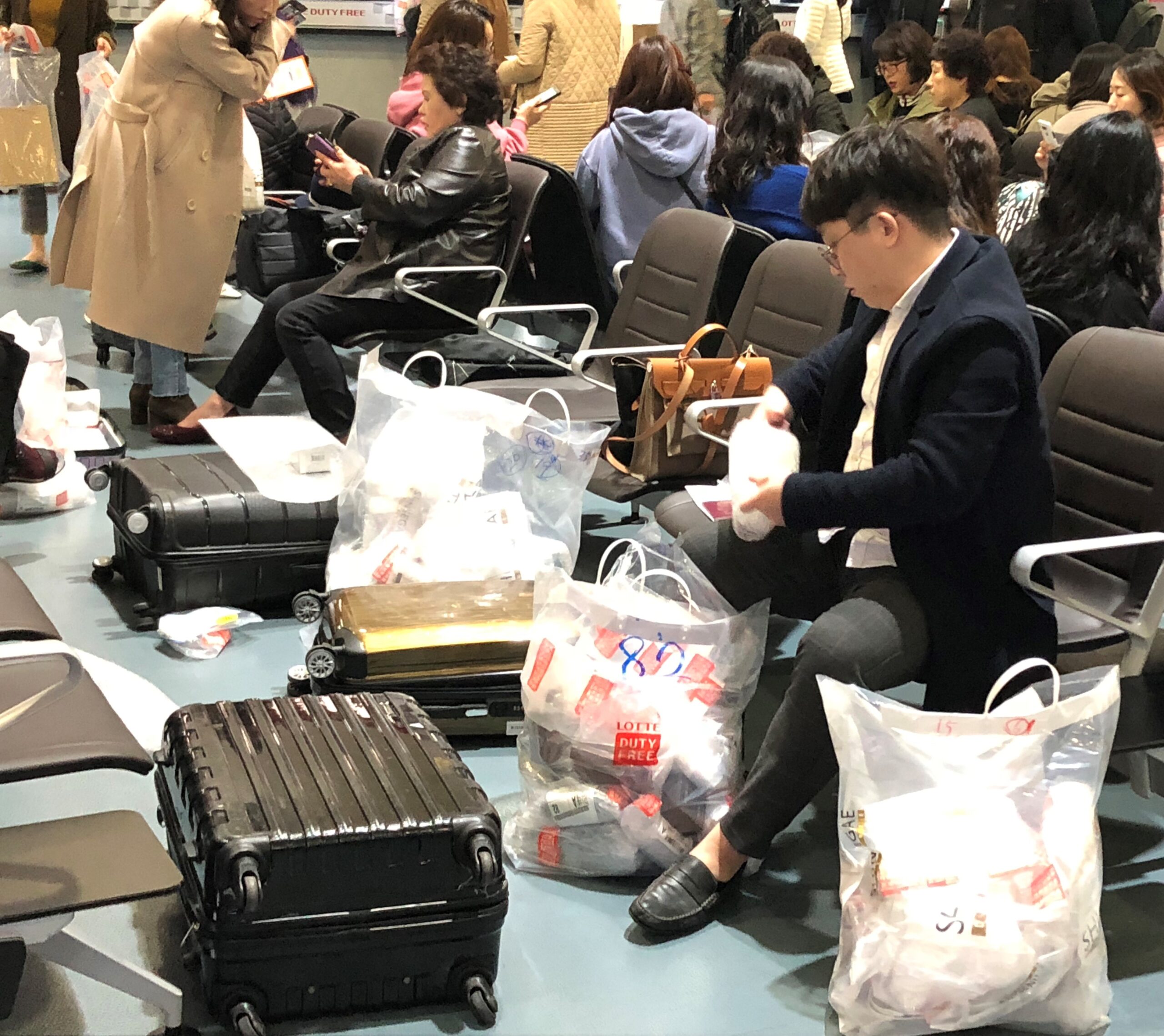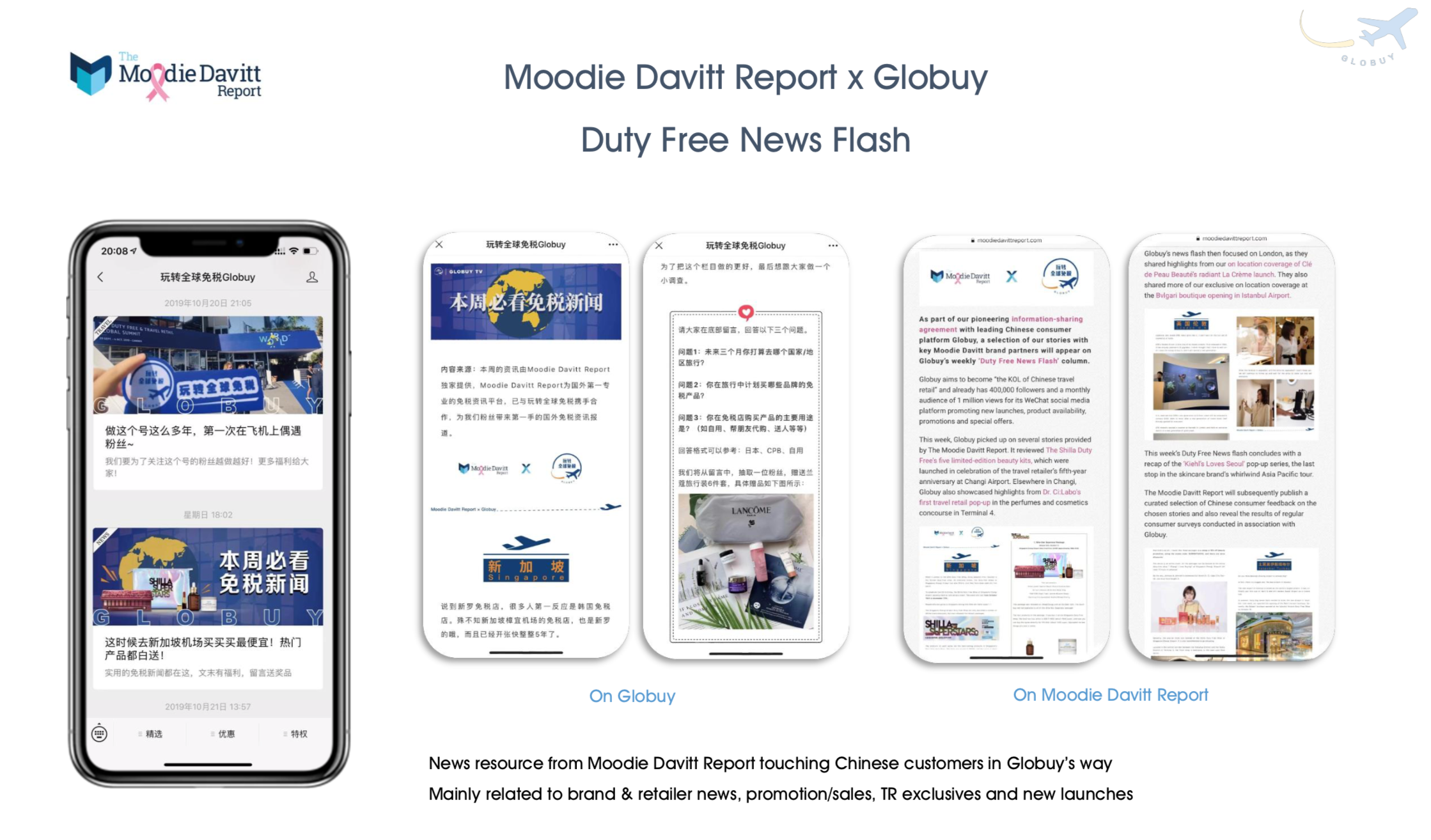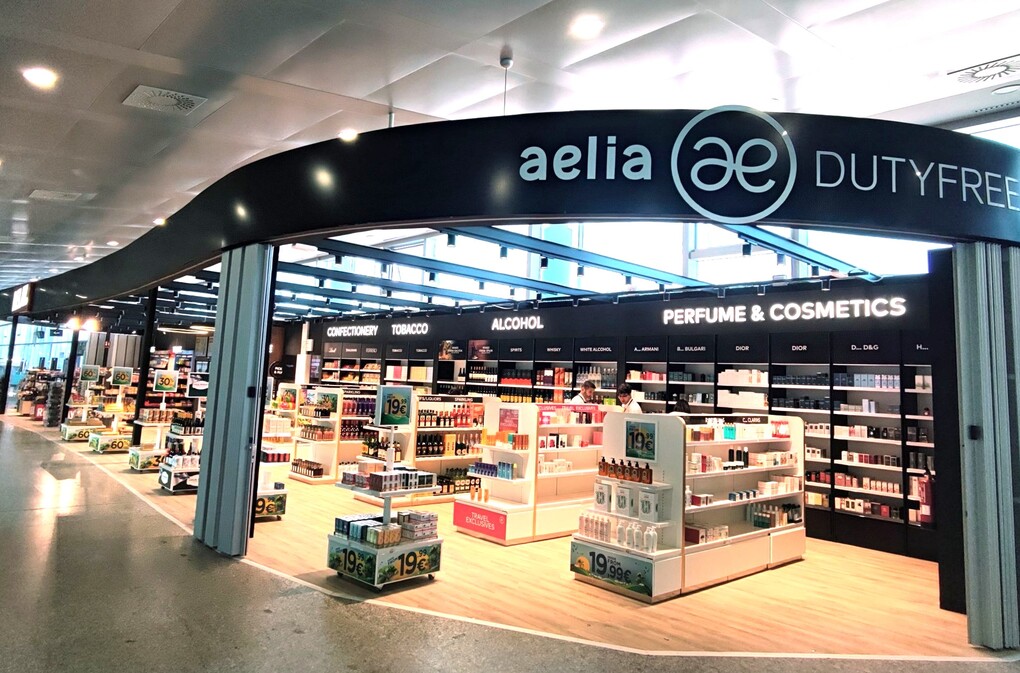SOUTH KOREA. A key change in how Korea’s duty free market – the world’s biggest – operates takes effect this week with the first trial run of an export pick-up counter concept from 15 November, writes Senior Retail and Commercial Analyst Min Yong Jung.
The trial signals the government’s acknowledgement of the increasingly B2B nature of Korea’s duty free business, based on the booming daigou business that has come to dominate the sector. Resellers will in future need to pick up their duty free purchases from the export pick-up counter instead of onsite.


According to Korea Customs Service and the Korea Duty Free Association, the first leg of the trial run will be open to all those who wish to register. After assessing the results and impact, a second trial will begin from 25 November. But from 1 February 2020, unlike the trial period, all exporting resellers will need to register. (Also see, Korea to introduce designated ‘export desk’ at Incheon International Airport for pick-up of local duty free products)
The Korea Duty Free Association believes that the export pick-up desk concept will decrease illegal leakage of duty free goods into the local Korean market and also ease the severe congestion now commonly experienced in duty free stores.
Logistics convenience is another plus highlighted by the association. Large volumes purchased by resellers won’t need to change hands onsite. Purchasing customers will be provided with an exchange slip that they can use to pick up their goods at the export pick-up desk, instead of them having to be stocked at the stores.
New scheme designed to offset domestic market leakage Under the trial scheme, duty free sales of Korean goods to resellers (daigou) are reclassified as exports and similar processes and regulations applicable to normal exports are being implemented. The regulation change means that registered large- and small-scale sellers who purchase over US$5,000 worth of goods cannot pick up local Korean products onsite at duty free stores as they can at present. Instead, they will have to travel to a new ‘export pick-up desk’ located at within the Incheon Free Economic Zone (IFEZ), in which Incheon International Airport is positioned, to report and process the goods as exports.   Korea Customs Service officials say the change will correct problems associated with unaccounted duty free goods being sold within Korea, a common complaint by Korean domestic retailers.  Limiting onsite pick up of local produce may create short-term headwinds to daigou activity. But as The Moodie Davitt Business Intelligence Unit’s Min Yong Jung has previously written, resellers have been able to successfully adapt to change so far, including the introduction of China’s new ecommerce law on 1 January. |
Going strong on Globuy
As a lead business partner of The Moodie Davitt Report, this story will also appear in coming days in Chinese and with a consumer voice on fast-growing Chinese B2C WeChat social media account Globuy [玩转全球免税], as part of a new collaboration between Globuy owner Extra-Aile Media in Shanghai and The Moodie Davitt Report. Globuy aims to become “the KOL of Chinese travel retail” and already has 400,000 followers and a monthly audience of 1 million views for its WeChat social media platform promoting new launches, product availability, promotions and special offers. Underlining the strong affinity and complementary nature of the two companies’ work, Globuy has dubbed The Moodie Davitt Report “the KOL of travel retail B2B media” Under the agreement, selected stories from The Moodie Davitt Report.com’s lead brand partners in beauty, fashion, luxury, confectionery and premium spirits are also published by Globuy in Chinese. These include product reviews by the Globuy team. Globuy is promoting The Moodie Davitt Report’s platform to China’s travel retail sector and to its own consumer audience in China. The Moodie Davitt Report subsequently also publishes a curated selection of Chinese consumer feedback on the chosen stories and will reveal the results of regular consumer surveys conducted in association with Globuy. |













